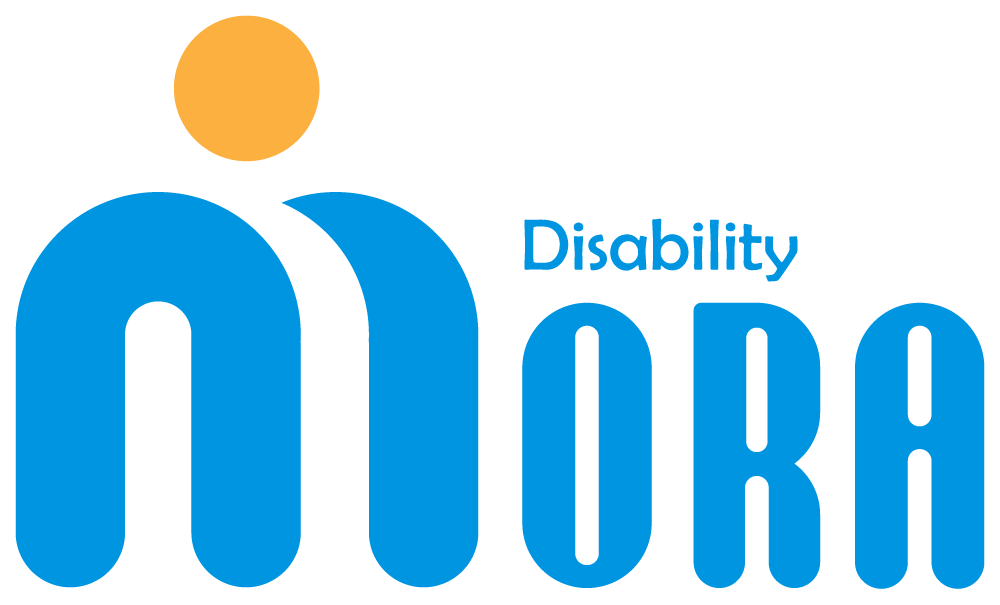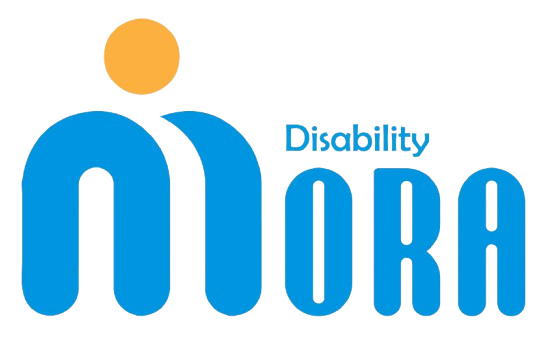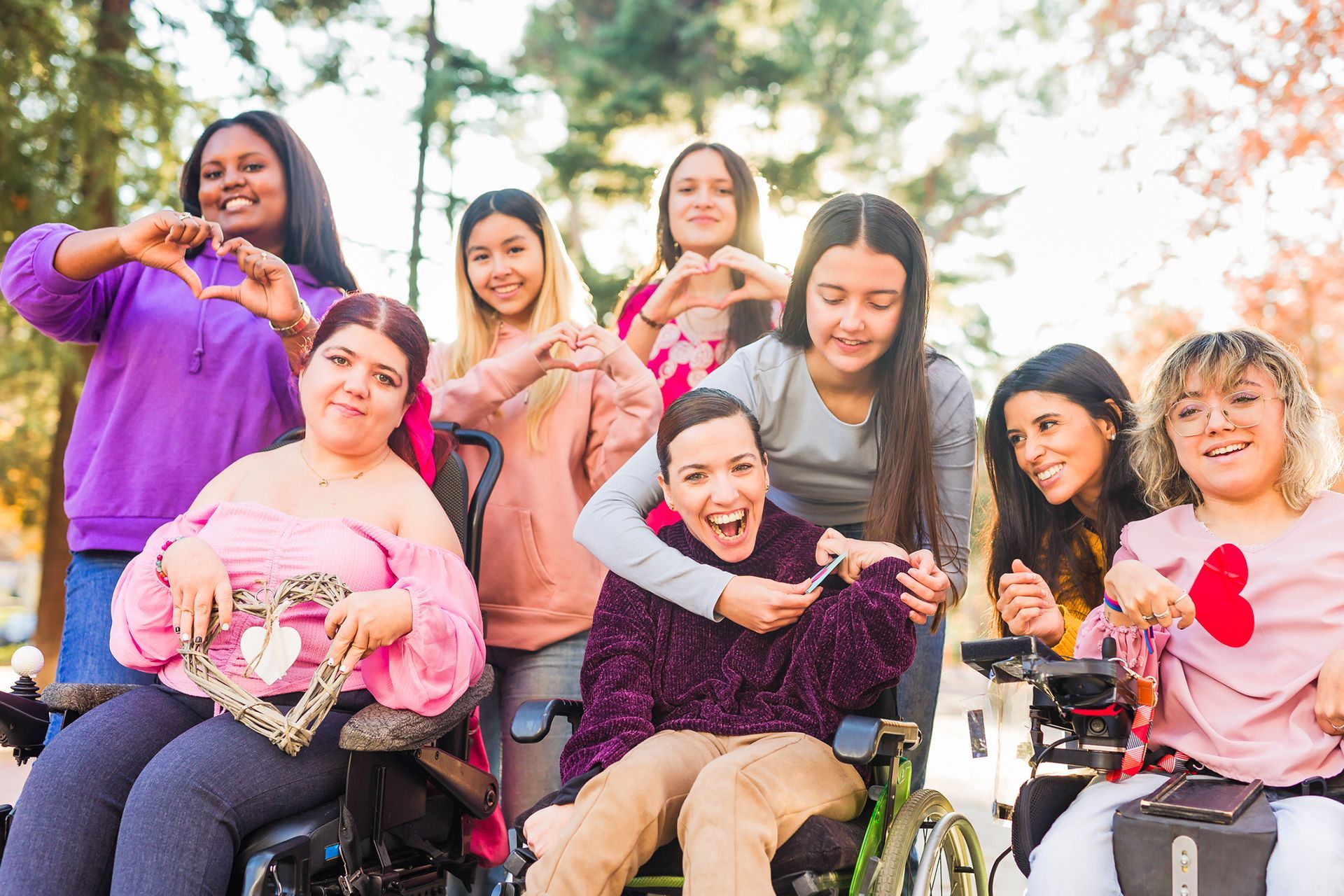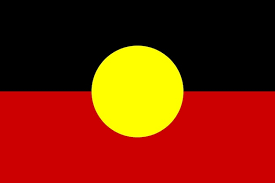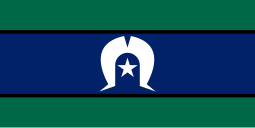How Can We Help?
Understanding Psychosocial Recovery Coaching under the NDIS
A
Psychosocial Recovery Coach, or recovery coach, is an empowering support item introduced by the NDIS to assist participants with psychosocial disabilities. This service is designed to help individuals navigate the complexities of daily life, empowering them to increase their social and economic independence through tailored capacity-building support.
What is a Psychosocial Recovery Coach?
A recovery coach provides one-on-one support to participants, focusing on enhancing their ability to manage their lives and achieve their goals. These professionals work closely with participants, their families, carers, and other service providers in a collaborative approach to design and implement a comprehensive recovery plan. This ensures that all aspects of a participant’s journey are supported, from navigating NDIS processes to integrating broader community resources.
Recovery coaches may have either:
- Lived experience, providing unique insights and empathy for participants navigating similar challenges.
- Learned experience, with formal education and expertise in mental health and psychosocial disabilities.
What is Psychosocial Disability?
The NDIS defines psychosocial disability as a mental health condition that significantly impacts a person’s ability to engage in daily activities such as socialising, learning, or self-care. Conditions such as schizophrenia, obsessive-compulsive disorder (OCD), bipolar disorder, and severe anxiety or depression may result in reduced functional capacity in areas like:
- Communication
- Social interaction
- Mobility
- Learning
- Self-care and self-management
- Social and economic participation
Psychosocial disabilities can present unique challenges, but with the proper support, individuals can achieve greater independence and improved quality of life.
What is Recovery under the NDIS?
The NDIS views recovery as achieving optimal personal, social, and emotional well-being. Each individual uniquely defines this, acknowledging that recovery may involve living with or managing a mental health condition rather than eliminating it.
Recovery coaching empowers participants to:
- Make informed decisions about their lives.
- Feel more in control of their daily routines.
- Actively engage in social and economic activities, reducing isolation and enhancing self-worth.
Key Responsibilities of a Recovery Coach
Recovery coaches play a vital role in fostering participant well-being. Their responsibilities include:
- Building recovery-enabling relationships based on hope and mutual respect.
- Supporting participants in creating and implementing recovery plans.
- Coaching participants to enhance recovery skills, such as decision-making and self-motivation.
- Ensuring NDIS supports align with recovery goals.
- Facilitating plan implementation and navigating the NDIS system.
- Working collaboratively with families, carers, and service providers to optimise support.
What is a Recovery Plan?
A recovery plan is a tailored document developed collaboratively between the participant and their recovery coach. It aims to:
- Break down long-term goals into actionable short-term objectives.
- Identify strengths, barriers, and areas where participants have choices.
- Outline key contacts and available resources for support.
- Provide strategies for managing fluctuating needs, including increased clinical or NDIS support during challenging times.
- Clarify how NDIS and other support services interact.
How is a Recovery Coach Different from Support Coordination?
While both roles focus on assisting participants, recovery coaching involves more intensive, long-term support. Recovery coaches typically allocate more hours to participants, emphasising personal empowerment, capacity building, and recovery planning. For example, a recovery coach may provide one hour of support weekly throughout the year.
Who Can Be a Recovery Coach?
Recovery coaches are highly qualified professionals who meet specific criteria:
- Lived experience coaches: Individuals with personal experience of psychosocial disability.
- Learned experience coaches: Professionals with formal qualifications, such as a Certificate IV in Mental Health or Mental Health Peer Work, and at least two years of experience in mental health-related work.
To offer recovery coaching services, NDIS providers must be registered under Registration Group 06:
Assistance in Coordinating or Managing Life Stages, Transitions, and Supports and meet the certification requirements outlined by the NDIS Commission.
How Recovery Coaches Impact Lives
Recovery coaches transform participants' lives by helping them overcome challenges, build resilience, and pursue their aspirations. By fostering independence, enhancing decision-making skills, and promoting meaningful engagement, recovery coaches contribute to improved mental health and overall quality of life.
If you or someone you know could benefit from a recovery coach, reach out to learn more about how Mora Disability can help you navigate your NDIS journey and achieve your recovery goals.

We hope you enjoyed reading this blog.
Based in Sydney, Mora specialises in support coordination and Psychosocial Recovery Coaching for NDIS participants. Fluent in Mandarin and Cantonese, we bridge cultural and linguistic barriers, ensuring Chinese families have seamless access to the NDIS.
